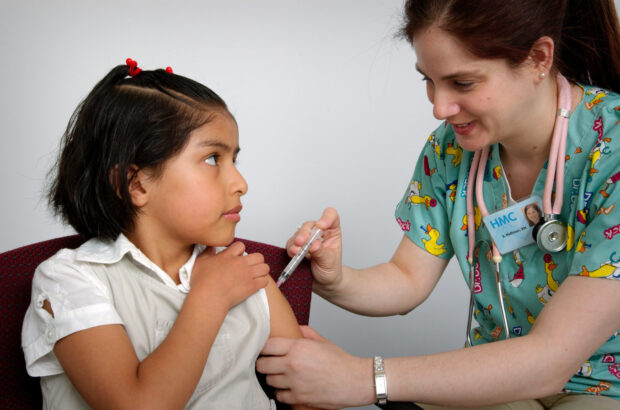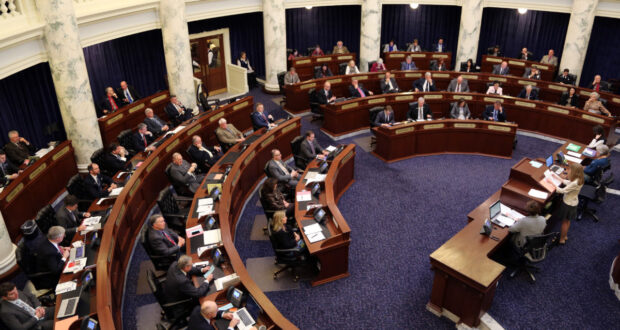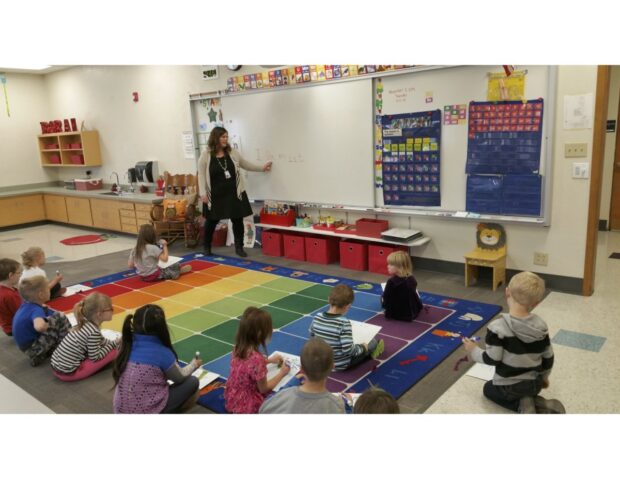immunizations
National poll: Younger adults are more skeptical about immunizations
Eighty-four percent of respondents said children should be immunized before they can attend school.
Study: Outbreaks can make some immunization critics rethink their opinion
“Some people base their vaccine decision-making to a considerable degree on whether or not a given disease occurs in close vicinity to their community,” said Florian Justwan, a University of Idaho assistant professor of political science.
Former lawmakers rip immunization guidelines
The Department of Health and Welfare will continue taking comments at public hearings this week.
Health and Welfare gets an earful on immunization guidelines
The topic dominated a public hearing in Meridian Thursday. The agency will hold five other hearings across the state.
Maine is poised to tighten its vaccination opt-out laws
The bill would allow parents to opt out of vaccinations only on medical grounds. Idaho has one of the nation’s highest opt-out rates — driven largely by religious exemptions.
Idaho immunization ‘opt-outs’ have doubled since 2009-10
What’s more, these kindergarten opt-out numbers surged, even as kindergarten enrollment has stagnated.
Immunization opt-in bill, guns-in-schools bill dead for session
The House had passed the bill requiring schools and child-care centers to provide immunization opt-in information along with state immunization information. A divided House State Affairs Committee introduced the guns-in-schools bill last week.
Statehouse roundup, 2.11.19: New immunization opt-out bill surfaces
In other Statehouse news, an East Idaho school district says an Idaho Falls legislator jumped the gun on a sex education bill.
Across Idaho, schools struggle with low immunization rates
It has always been easy for parents to say no to child vaccinations — a policy reflected in statistics. This fall, the opt-out rules are even more relaxed.
Boise district urges student immunizations
If a student contracts the measles, classmates without immunizations can be excluded from school for at least 21 days.





